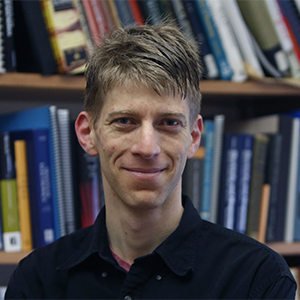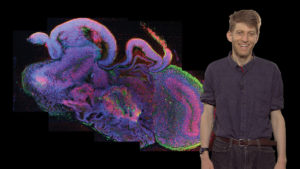Adam Cohen is Professor in the Departments of Chemistry and Physics at Harvard University and Investigator of the Howard Hughes Medical Institute. He develops biological tools and analytical approaches to investigate the behaviors of molecules and cells in vitro and in vivo. His lab merges protein engineering, optics, and physics, among other disciplines, on a variety of projects. For example, they have developed a fluorescent transmembrane protein that detects membrane voltage, which is useful in visualizing electrical activity in cells, such as cultured neurons.

Talks with this Speaker
Visualizing Activity in the Brain
Adam Cohen examines the possibility of visualizing activity in the brain using fluorescent transmembrane proteins that are sensitive to voltage change. (Talk recorded in July 2014)

Audience:
- Researcher
- Educators of Adv. Undergrad / Grad
Duration: 10:39



